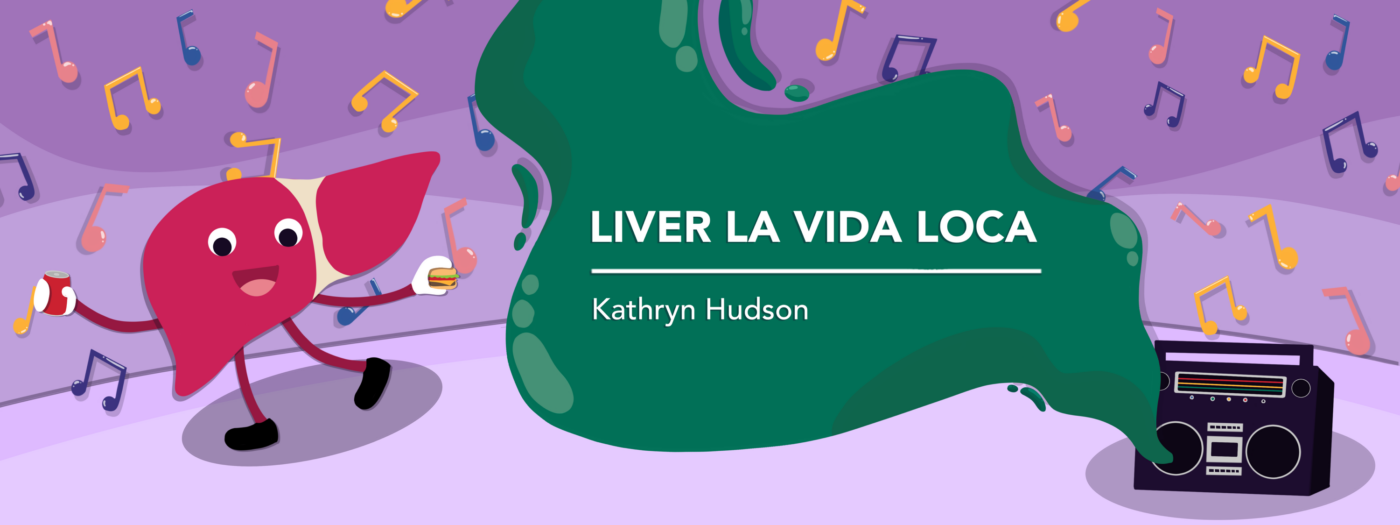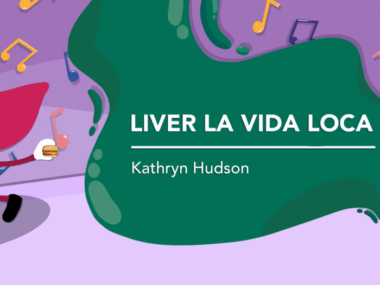Why ‘Dr. Google’ is a poor substitute for my liver doctor
Health worries may lead us to the internet, but that may lead us to problems
Written by |

Having a chronic disease like my metabolic dysfunction-associated steatohepatitis (MASH) can play tricks on not just your body, but also your mind.
Case in point: My right side was hurting recently, and I was certain it was my liver, which I call Larry. He’d been pretty chill for a while, but I’d gone so long without any major MASH symptoms, I worried that maybe I’d become complacent.
So I sat down at my desk, flipped open my laptop, and made an immediate appointment with my favorite doctor without a degree: “Dr.” Google. This “doctor” is always available and never fails to find me an answer. But it’s not the best place to get medical advice for Larry, or anything else.
I won’t tick off all my ailments, but some have crossover symptoms with other things going on in my body. Such concerns make “Dr. Google” a tempting option, especially when I can’t get one of my real doctors on the phone. Since “Dr. Google” is open 24/7, it’s becoming everyone’s favorite medical professional.
Except it’s not a medical professional. And you can’t trust everything you find there.
When artificial intelligence (AI) made its way onto the scene a few years ago, I jumped on board. As a professional writer and former journalist, there’s nothing better than watching words dance across my computer screen. Even the word “research” makes me gleefully happy. I’ll take any excuse to dive into the hidden caverns of the internet, happily traipsing along behind the techno-secrets that only Google and AI seem to know.
But everything has limits. And for now, that includes Google — and AI.
My concerns demand a real doctor
Just this morning, while scrolling through the news and sipping Sumatra coffee with a cheese danish, I stopped dead in my tracks. An article said PFAS (for per- and polyfluoroalkyl substances) — those horrible “forever chemicals” that stay in our bodies — may cause more complications for people with liver disease than for the average person.
I was horrified.
The very idea of PFAS scares me. After reading about a so-called surefire way to keep some of those pesky plastics out of my system, I started doing everything I could to eliminate them from my life. Don’t even get me started on the fact that scientists recently said the average human brain has about a tablespoon of these plastics. They’re also being found in other parts of the body, including the reproductive system.
I’m not trying to scare you. I’m so much better at scaring myself.
I think my fears are mostly justified. After coming so close to seeing my dead pets on this side of the Rainbow Bridge, I tend to be a little vigilant about my health, especially when it comes to Larry.
But I’ve gradually begun to accept that I’m enjoying good health these days. I still have trouble shaking the image of the frail, thin-haired woman I used to be during the year I spent in a nursing home. I never want to go back to that kind of place. And I definitely don’t want to go back to being the sick person I was a few years ago.
And yet, I can sometimes be too vigilant, which can lead me to “Dr. Google,” where I might discover “problems” that aren’t real, that only complicate what I’m feeling and inflate it beyond anything useful. And worse, “Dr. Google” often repeats flat-out inaccuracies. So instead of setting up your next appointment with “Dr. Google,” set one up with a real doctor.
I don’t know what I’d do without the doctors on my healthcare team. They’ve kept me alive and thriving since the darkest days of this disease, when my life hung in the balance. I’m sure you’re close to your doctors, too. Let them do their jobs.
Note: Liver Disease News is strictly a news and information website about the disease. It does not provide medical advice, diagnosis, or treatment. This content is not intended to be a substitute for professional medical advice, diagnosis, or treatment. Always seek the advice of your physician or other qualified health provider with any questions you may have regarding a medical condition. Never disregard professional medical advice or delay in seeking it because of something you have read on this website. The opinions expressed in this column are not those of Liver Disease News or its parent company, Bionews, and are intended to spark discussion about issues pertaining to liver disease.



Leave a comment
Fill in the required fields to post. Your email address will not be published.